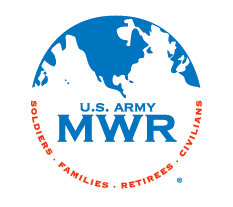Leaving a Partner
What Should I Do If I Am Thinking About Leaving My Abusive Partner?
Think about the following:
- Several places you could go if you leave your home
- People who might help you. If possible, leave a bag of necessities at their house
- Getting a cell phone or keeping change for phone calls
- Opening a bank account/credit card in your name
- How you might leave
- How to take your children with you safely
- Children
- Money
- Keys to car, house, work
- Extra clothes
- Medicine
- Important papers for you and your children
- Birth Certificates
- Social security cards
- School and medical records
- Checkbooks, credit cards
- Driver’s license
- Car registration
- Welfare identification
- Passports, green cards, work permits
- Lease/rental agreement
- Mortgage payment book, unpaid bills
- Insurance papers
- Military Protective Order (MPO)/Civilian Protective Order (CPO), divorce papers, custody papers
- Address book
- Pictures, jewelry, sentimental things
- Items for your children (toys, blankets, etc.)
- Keep a copy of your MPO/CPO at work
- Give a picture of the abuser to security and friends at work
- Tell your supervisors – see if they can make it harder for the abuser to find you
- Don’t go to lunch alone
- Ask a security guard to walk you to your car or to the bus
- If the abuser contacts you at work, save voicemails and e-mails
- Get a cell phone.
- Get a MPO/CPO. Keep a copy with you at all times. Give a copy to the police, your children’s caregivers, schools, and your boss.
- Change the locks.
- Install a security system and outside lights.
- Change your number to be unlisted.
- Use an answering machine/voicemail to screen calls.
- Tell friends and neighbors your abuser no longer lives with you. Ask them to call the police if they see your abuser outside or near your home.
- Tell someone at work what has happened.
- Try not to use the same stores, banks, or businesses that you did when you were with your abuser.
- Find a safe way to speak with your abuser, if necessary.
- Take a self-defense course.
- Go over your safety plan.



